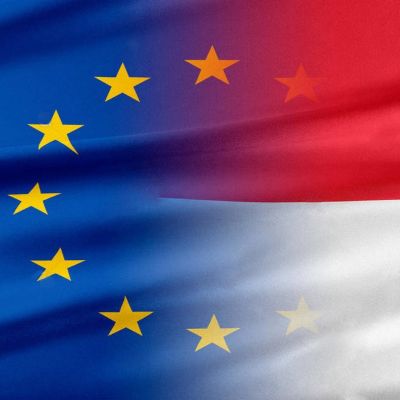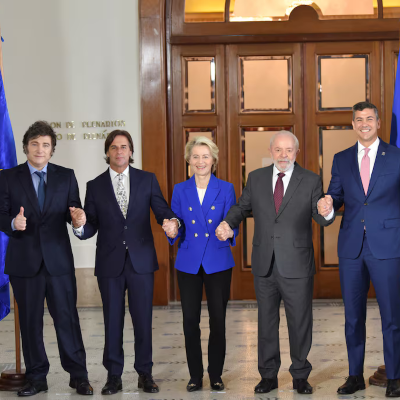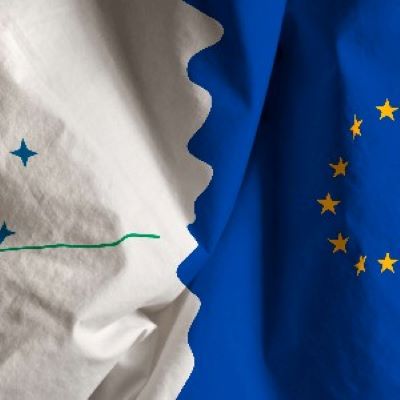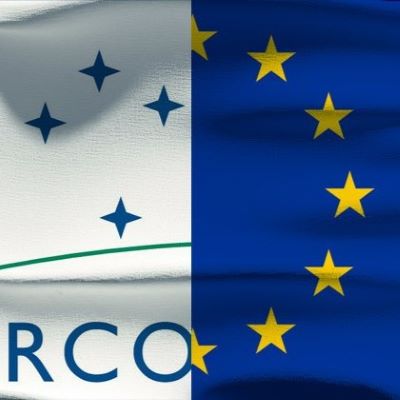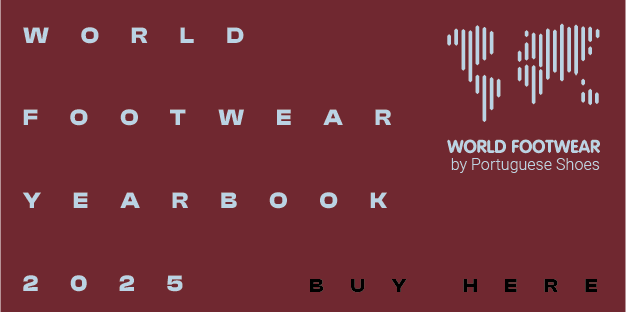European business associations urge EU-Mercosur ratification amid debate
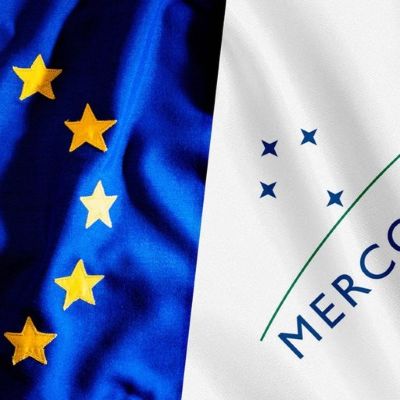
Twenty-six European business associations, including CEC, representing a variety of industries, are calling for the swift ratification of the EU-Mercosur agreement, as the bill has now entered the European Parliament
Twenty-six associations, including the European Footwear Confederation (CEC) and the European Apparel and Textile Confederation (Euratex), have expressed their support for the EU-Mercosur Agreement, calling on the Council and the European Parliament to swiftly ratify the interim trade agreement (iTA) and the partnership agreement (EMPA).
This joint letter follows the presentation of the trade accord by the European Commission at the European Parliament in September.
European business associations have emphasised the strategic importance of the EU-Mercosur agreement, noting that it covers over 153 billion euros in trade and 380 euros billion in mutual investment. They argue that, amid global instability, the agreement represents “a beacon in the EU’s diversification strategy”.
The Directorate-General for Trade estimates that the agreement could increase EU GDP by 77.6 billion euros and Mercosur GDP by 9.4 billion euros by 2040, while boosting EU exports to Mercosur by 39% and Mercosur exports to the EU by 17%.
The EU-Mercosur agreement “will deliver increased market access and improved access to resources, while preserving key sectors in European domestic markets, diversifying secure supply chains, and fostering investments for both sides”, reads the joint letter.
“It will also help us deepen our cooperation on sustainable development, in areas such as fighting climate change, preserving biodiversity, and advancing labour and social rights”.
In order to be ratified, the agreement requires a vote in the European Parliament and a qualified majority among EU governments, meaning 15 out of the 27 member states must represent at least 65% of the EU population.
While the Commission and proponents such as Germany and Spain claim that the Mercosur deal could offset the loss of trade resulting from tariffs imposed by U.S. President Donald Trump and reduce reliance on China, France and Poland – both of which have significant farming industries – have repeatedly blocked the agreement.
Image Credits: gov.br



